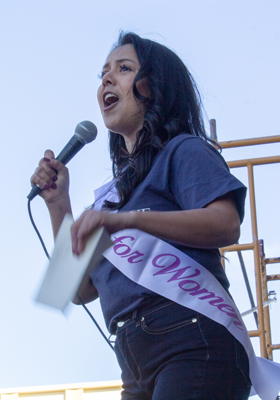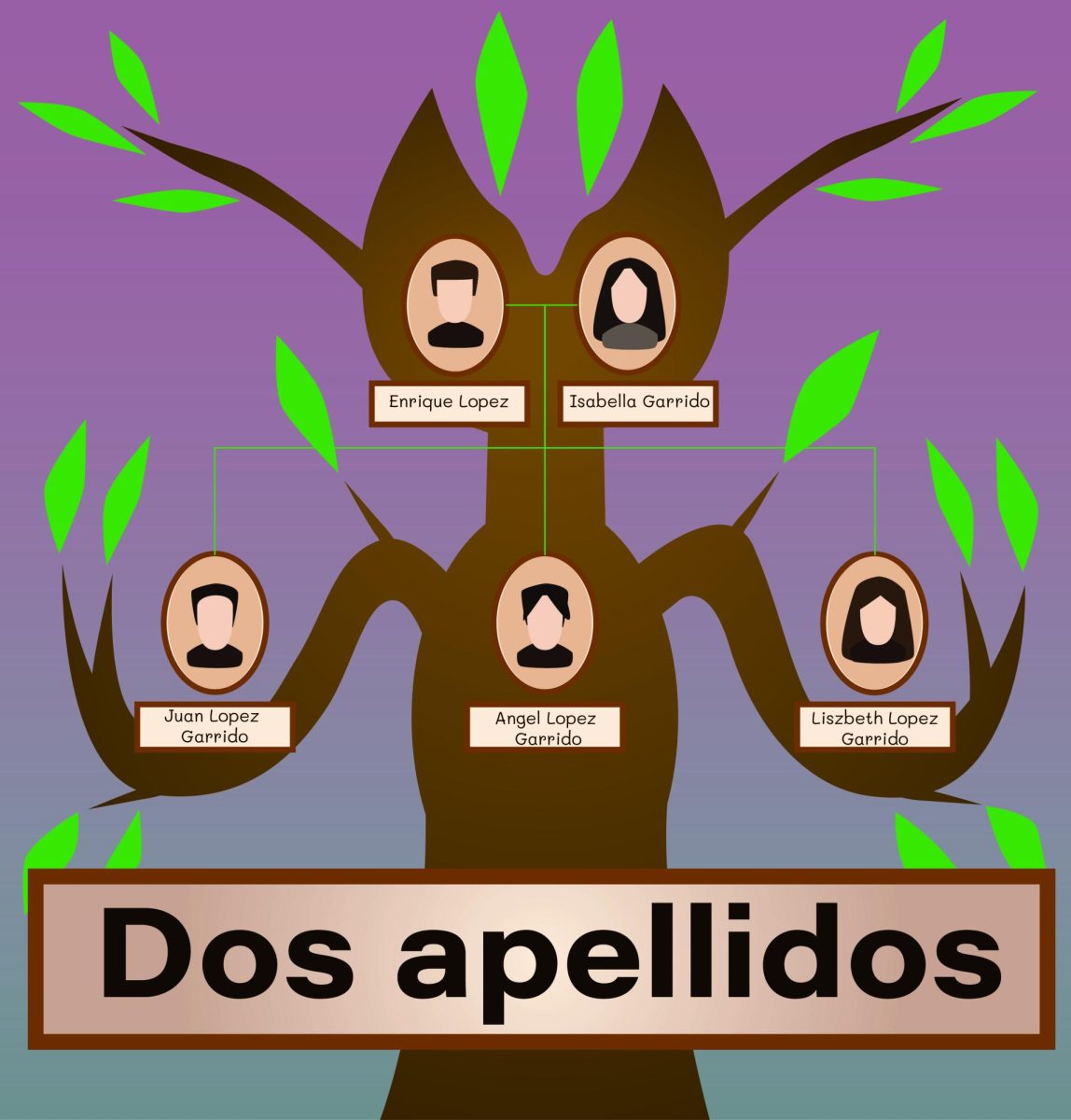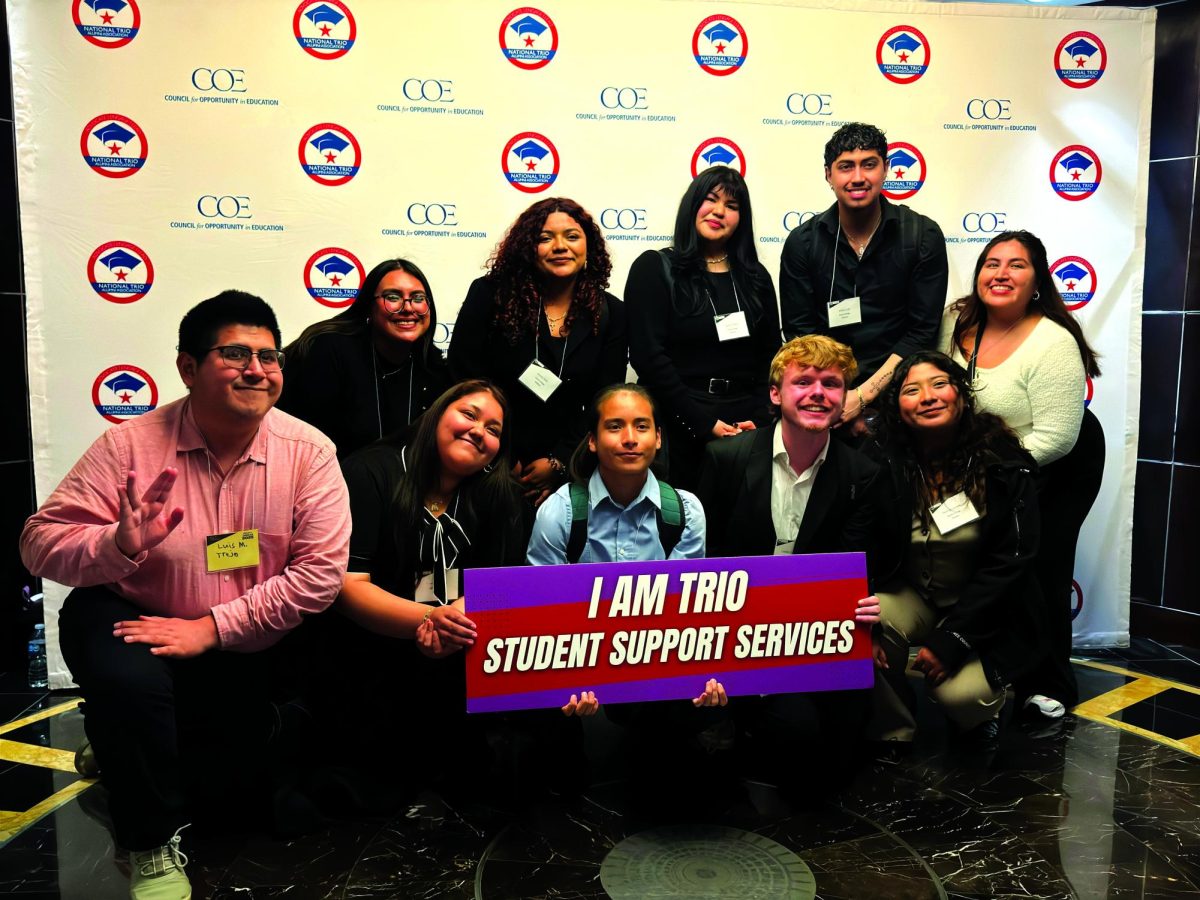
By HUNTER GARZA
@HunterTateETC
College employees could lose their jobs or be charged with a misdemeanor for failing to report cases of sexual misconduct under a new Texas law.

On Jan, 1, Texas Senate Bill 212 went into effect, increasing requirements of sexual assault reports by colleges and universities.
The bill requires a college’s Title IX coordinator to submit a quarterly report to the institution’s president, which they then submit to the Texas Higher Education Coordinating Board on an annual basis. Failure to comply could result in fines up to $2 million and administrative penalties.
Title IX is the federal statute that says no one shall be discriminated against based on their sex.
Senate Bill 212 takes these requirements a bit further by now enforcing consequences for not following protocol.
Individual employees could face criminal charges. The law could make the consequences tougher for those who fail to report than for those who actually commit an assault.
Executive Vice President of Academic Affairs and Student Success Mike Walker’s top priority is making sure the people who report to the Title IX coordinator are educated on their responsibilities.
“We need to be aware,” Walker said. “We need to understand our own roles better in taking care of this very serious problem. We need to be held accountable.”
State Rep. Victoria Neave, a former Eastfield student, said that this is the reason she introduced a House bill that mirrored SB 212 by Sen. Joan Huffman, R-Houston.
Title IX allows for confidentiality in certain jobs, like mental health counselors and health care providers. They still are required to report, however they do so without providing a name or any identifying information.
Neave said victims’ wishes should be respected if they want to remain anonymous.
The punishment for nonconsensual sexual contact against an adult that does not involve penetration or physical injury is a class C misdemeanor — the least severe crime category in Texas.
“The big thing is that most people don’t come forward,” Neave said. “And even if they do, very few cases ever get prosecuted or convicted. This sends a message to women that even if they come forward that nothing may happen or that no one will believe them, and we want to change that.”
Neave has used her platform to raise awareness on issues that disproportionally impact women and has even put together a sexual violence task force that meets at Eastfield. The task force includes police officers, nurses and members of rape crisis centers to come up with legislative solutions to combat sexual assault.
“This issue, especially in this era of #MeToo, has helped open the door for us to pass more legislation to fight back against sexual harassment,” she said. “It’s an issue that’s been ignored for a really long time and we still have a lot of work to do.”
[READ MORE: #MeToo inspires women to speak out]
Dean of Student Success and Wellness Katy Launius said that when the initial federal Title IX legislation was passed in 1972, the interpretation was that gave equity in intercollegiate activities.
It said that colleges and universities could no longer restrict athletics to male dominated sports and had to give equal opportunities for women to play.
During the 1990s, there was a lot of attention on violence against women, which led to President Bill Clinton signing into law the Violence Against Women Act and a shift in the interpretation of Title IX.
Title IX has a wide definition of sexual harassment that includes what most educational institutions often refer to as “the big four.”
These four are sexual harassment, stalking, dating and domestic violence and sexual assault, which can include non-consensual sexual contact and rape.
According to the National Coalition Against Domestic Violence, over 13 percent of college women report that they have been stalked. Of these, 42 percent were stalked by a partner or former partner. And 43 percent of dating college women reported experiencing abusive behaviors from their partner.
“I think the issue of sexual assault happening both on and off campuses is a problem that some folks try to turn away from,” Neave said. “But we can’t, and I have a duty as a woman of the legislature to do everything I can to protect women on college campuses.”
[READ MORE: Looking over her shoulder: Staff member embattled by almost 30 years of stalking]
Since 2011, the government has conducted over 500 investigations of colleges for possibly mishandling reports of sexual violence.
At this point there have been over 200 colleges and universities that have had an open investigation under Title IX enforcement.
One of the most prominent is the University of Montana at Missoula, in which the university, along with the local police department, were working together to silence victims to delay or avoid prosecution predominantly of athletes who were committing repetitive sexual assaults.
The 2016 independent investigation of Baylor University determined that football staff did not report claims of sexual assault by players to administrators. The scandal cost the football coach and the chancellor their jobs.
Launius said there has been an increase in the number of sexual misconduct reports at Eastfield.
She attributes this to Eastfield doing a better job of letting students know that there is a policy regarding sexual misconduct and resources available if they have been affected.
These improvements were made possible by the grant awarded to the school by the Office on Violence Against Women.
“This is an issue that impacts every person regardless of demographic or socioeconomic background,” Neave said. “We want to try and prevent that situation from happening again and we are trying to break barriers to make it easier for victims to come forward.”
https://eastfieldnews.com/2019/10/23/campus-leaders-questioned-about-diversity-efforts/








